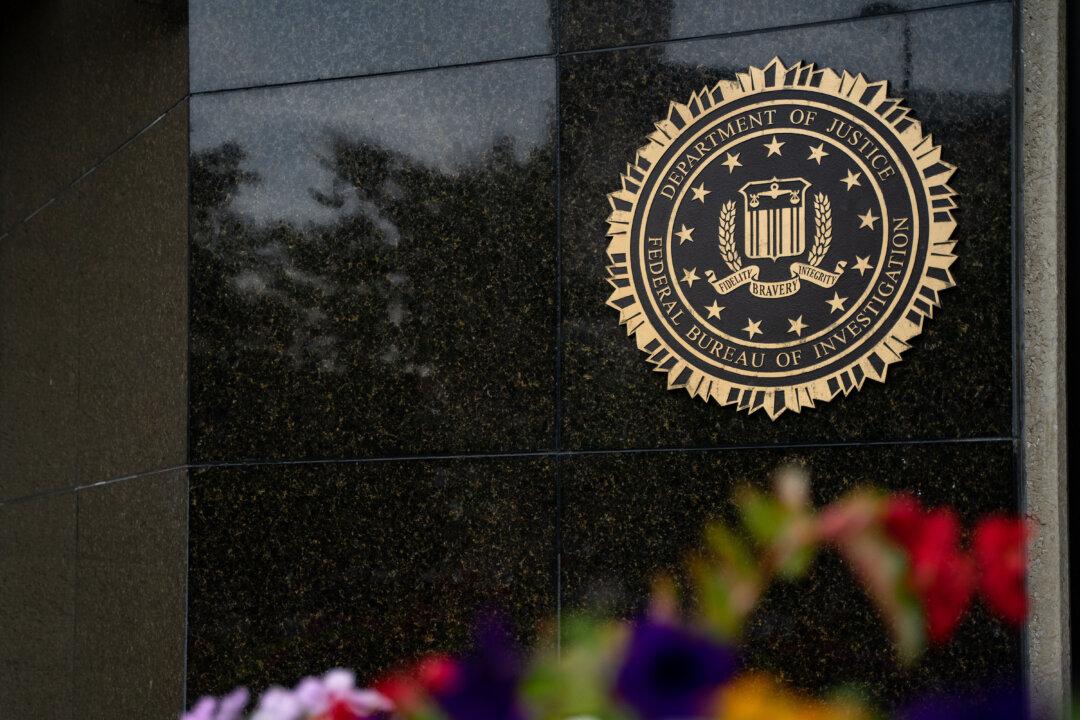Commentary
Writing for RealClearPolitics, professor Andrew E. Busch of Claremont McKenna College finds: “One reason for Americans’ increasing political discomfort—the feeling that politics has become a blood sport in which traditional protections and safety nets are no longer present—is that the nonpartisan insulation protecting the rule of law and consent of the governed has frayed.





